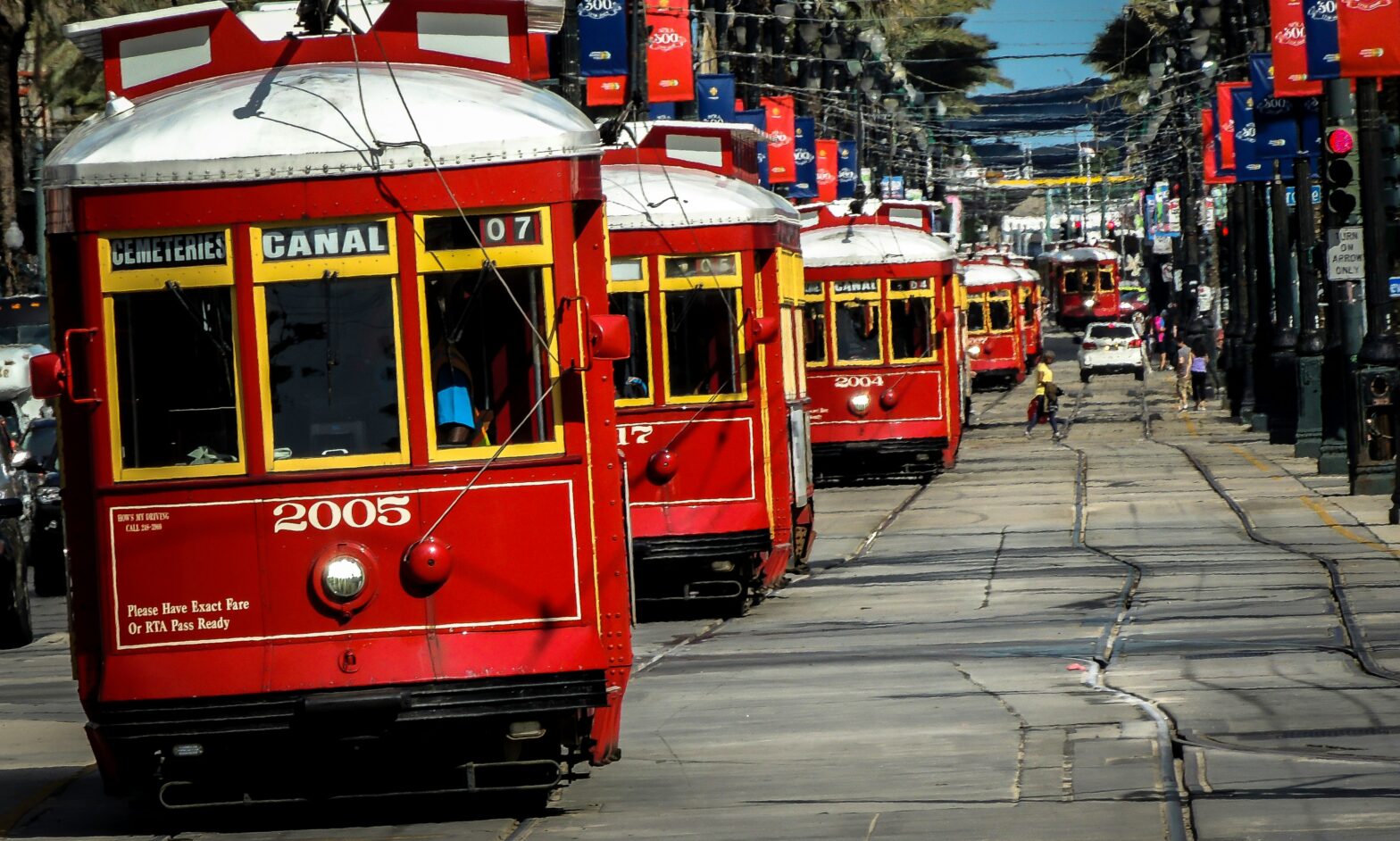Native American, European, and, of course, African influences shape New Orleans’s culinary reputation. There’s no question that the city’s renowned culinary reputation, loved worldwide, would not be without the contributions of Black people. That’s why there is some outrage that only one out of the 83 restaurants participating in Restaurant Week New Orleans (RWNO) 2024 identified as Black-owned.
The Louisiana Restaurant Association (LRA) organizes RWNO each year. New Orleans & Company, the destination marketing organization for the city’s tourism industry, promotes the event alongside the LRA.
What Happened At This Year’s Restaurant Week New Orleans?
Boswell’s Jamaican Grill was the only Black-owned restaurant on the list for RWNO, held June 17 through June 23. Scrolling through 2024’s list brought tears to Jalence Isles’ eyes. She’s the founder of Where Black NOLA Eats.
“I was legitimately in tears,” Isles tells Travel Noire. “I’m infuriated. To see the list was so upsetting.”
Isles’ mission is to increase the visibility and cash flow of Black-owned restaurants in the city through her organization. She says the undertaking came about after “racist” and “disheartening” posts from members of the popular Facebook Group Where NOLA Eats in 2019. The platform has expanded to other social media outlets, but at its core, it’s a conversation about eating, drinking, and cooking in New Orleans.
“I was in the group at the time. It was during the Essence Festival weekend. With people coming into town, they were joining the group,” she says. “When people asked about supporting Black-owned restaurants, the racists came out, and the group administrators shut off the comments.”
The Facebook group has more than 116,000 members. It was created in 2017 by NOLA.com and is currently curated by The Times-Picayune | The New Orleans Advocate.
According to previous reports, administrators deleted the original posts that shared restaurant lists as people asked, despite the posts not violating group rules. Isles created Where Black NOLA Eats at the culmination of her frustration. She felt Black-owned restaurants were not supported in a city where more than 54% of the population identifies as Black or African American.
How Only One Black-owned Restaurant Participated In RWNO 2024
While a New Orleans & Company website guide lists over 80 Black-owned restaurants found throughout the metro, a spokesperson tells Travel Noire the organization does not extend invites for RWNO.
According to an LRA spokesperson, RWNO is an annual promotion opportunity for its members.
In a statement to Travel Noire, a spokesperson says, “The LRA distributes RWNO-specific email solicitations from March through May to encourage member registration and participation. To participate in RWNO requires that the LRA member restaurant register and provide menus and other information necessary for a successful event. We encourage every LRA member restaurant to participate in this annual promotion.”
On average, the LRA says 75 to 85 restaurant members participate in RWNO annually.
However, the owner of Lil Dizzy’s Café says she didn’t know about RWNO despite being a member. Lil Dizzy’s Cafe is a decades-running and Black-owned community staple. Locals know to arrive early because lines typically wrap around the building for its fried chicken.
“There was never any reach out from anyone,” Owner Arkesha Baquet tells Travel Noire. “I read all my emails, and there was no email sent out or any correspondence I can recall.”
Baquet’s disappointment stems from the LRA not making sure that more Black-owned restaurants participated.
“This is a problem because Black restaurants are staples in New Orleans,” she says. “There is an abundance of amazing Black-owned restaurants for only one to be listed. In fact, Dakar NOLA just won a James Beard Award for ‘Best New Restaurant.'”
The disappointment and frustration comes amid a report revealing a significant wealth gap between Black and White households in New Orleans.
The study, titled “Profile of Wealth in the New Orleans Metro,” shows Black households have an estimated median net worth of $14,000. White households have an estimated median net worth of $185,000. When you break down the numbers, White households have nearly 13 times the median net worth of Black households.
Isles says these numbers go hand-in-hand with Black restauranteurs’ lack of access and opportunities.
“We’re living in poverty, so when you see that there’s only one Black-owned restaurant participating, nuances aside, it is a reflection of this 13 times net worth disparity,” says Isles.
While Mayor LaToya Cantrell promoted RWNO 2024 to her social media accounts, she did not respond to Travel Noire’s inquiry requesting comment on whether she finds the number of Black-owned restaurants that participated this year concerning. She also didn’t comment on the city’s plans to ensure equitable opportunity for minority-owned businesses ahead of Super Bowl LIX, which takes place on February 9, 2025.
A spokesperson from the mayor’s office said to contact New Orleans & Company for comment, even though the organization has no say in the restaurants selected for RWNO.
In partnership with the New Orleans Super Bowl Host Committee, the NFL has launched an initiative to support local businesses in the city. Super Bowl LIX Source, formerly known as the Supplier Diversity Program, is a procurement program that seeks to increase access and opportunity for local diverse businesses.
“Businesses have already been selected for the program, and over 60% identify as minority-owned,” a spokesperson from the NFL tells Travel Noire. “Through the Super Bowl LIX Source, these diverse business owners have opportunities to compete for contracts related to Super Bowl LIX in addition to receiving free access to capacity-building workshops and networking events.”
The NFL spokesperson says more than 1,400 applications came in from Feb. 26 through April 7. While NFL Source applications are no longer open, the spokesperson says there are opportunities outside of the program available to local diverse businesses.
Tourism and hospitality drive New Orleans’ economy. In 2022, New Orleans welcomed more than 17 million visitors who spent a little more than $9 billion, according to Biz New Orleans.
Black-owned businesses in New Orleans account for roughly 24% of the city’s businesses, but they receive only a reported 2% of all sales receipts.





